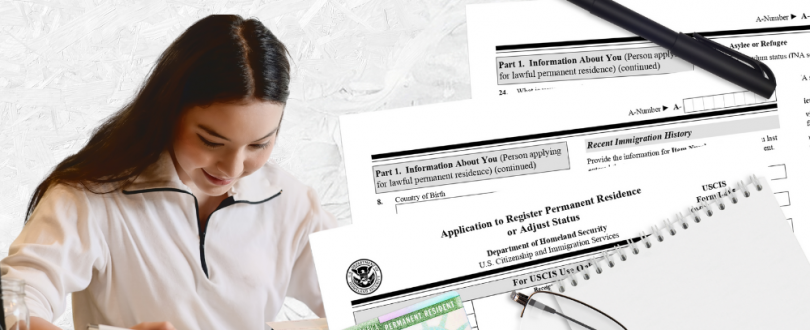
U.S. Visa Documentation: Ensuring Your Application Is Complete.
Navigating the U.S. visa application process can be daunting, with various forms and documents to compile. Correct and complete documentation is key to a successful application. This blog post serves as a comprehensive guide to ensure your U.S. visa application is complete, reducing the likelihood of delays or rejections.
General Documentation Requirements for All Visa Categories
Whether you’re applying for a non-immigrant (temporary) or immigrant (permanent) visa, certain documents are universally required:
- Valid Passport: It must be valid for at least six months beyond your intended stay in the U.S.
- Photograph: Recent passport-style photos that meet the specific U.S. requirements.
- Confirmation Page of Online Application Form: For non-immigrant visas, it’s the DS-160 form, and for immigrant visas, the DS-260.
Non-Immigrant Visa Documentation
For non-immigrant visas, like tourist (B-2), business (B-1), or student (F-1) visas, additional documentation includes:
- Proof of Ties to Home Country: Demonstrating your intention to return home after your U.S. visit is crucial. This can be job contracts, property deeds, or family ties.
- Financial Evidence: Show that you have sufficient funds to cover your stay in the U.S.
- Travel Itinerary: If you have already made travel arrangements.
Immigrant Visa Documentation
For those seeking to live permanently in the U.S.:
- Supporting Documents for Form DS-260: These include civil documents like birth certificates, marriage certificates, and police certificates from countries you’ve lived in.
- Affidavit of Support (Form I-864): This document from a U.S.-based sponsor ensures that the applicant will not become a public charge.
Work Visa Documentation: Special Considerations
Work visas such as H-1B or L-1 require additional employer-related documentation:
- Form I-129: Filed by the U.S. employer, this form demonstrates the need for a foreign worker.
- Labor Certification: Necessary for some visa categories, indicating no suitable U.S. worker was available for the job.
Family-Based Visa Documentation
For family-based visas, including spousal visas:
- Proof of Relationship: Marriage certificates, joint bank statements, or photographs.
- Form I-130: Filed by a U.S. relative to establish their relationship with the applicant.
Student and Exchange Visitor Visa Documentation
For F, M, and J visas:
- SEVIS Form I-20 or DS-2019: Issued by the U.S. institution or program sponsor.
- Proof of Financial Support: Bank statements or scholarship letters to show you can cover your expenses.
Visa Fees and Reciprocity Fees
Understanding the fee structure is important:
- Application Fees: Mandatory for all applicants.
- Reciprocity Fees: These vary based on your home country’s relationship with the U.S.
Medical Examination and Vaccination Records
Primarily for immigrant visa applicants:
- Medical Exam Results: Conducted by an approved physician.
- Vaccination Records: Ensure you meet U.S. health standards.
Preparing for the Visa Interview: Documentation Checklist
Being well-prepared for the visa interview is essential. Carry all relevant documents, organized for easy presentation.
Common Mistakes to Avoid in Visa Documentation
Avoid these pitfalls:
- Incomplete Forms: Double-check all entries for accuracy.
- Outdated Information: Ensure all documents reflect your current circumstances.
- Insufficient Proof of Ties: Lack of evidence showing your intent to return home can be a red flag.
Thorough preparation and attention to detail in your U.S. visa documentation can greatly smooth your application process. Ensure all forms are correctly filled out, and supporting documents are in order, and be ready to present your case. With these guidelines, you’re set to embark on your U.S. journey with confidence.

